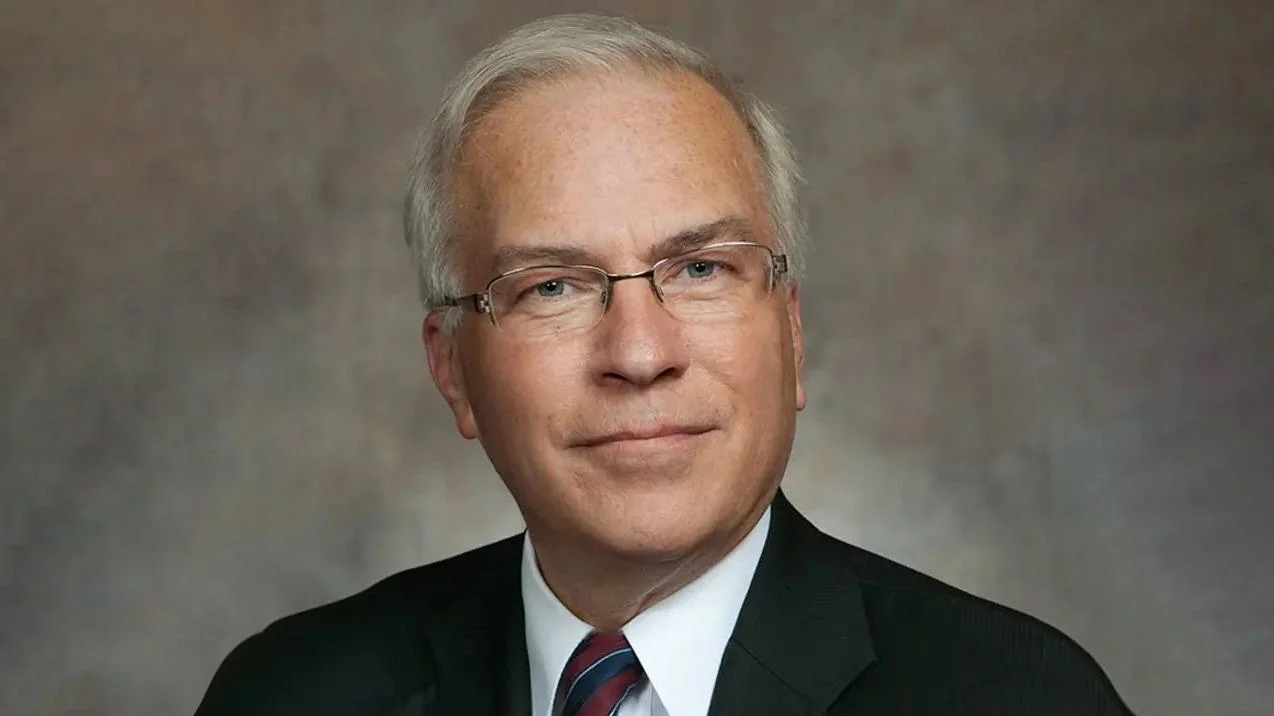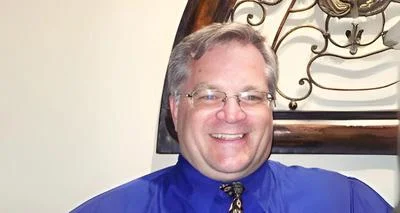Stephen Nass, Wisconsin State Senator for 11th District | Official website
Stephen Nass, Wisconsin State Senator for 11th District | Official website
According to the Wisconsin State Legislature's official website, the bill was described as follows: "school district operating referenda".
The following is our breakdown, based on the actual bill text, and may include interpretation to clarify its provisions.
In essence, this bill aims to reform the process of school district operating referenda by eliminating recurring operating referenda and restricting nonrecurring operating referenda to a maximum duration of four years. Under current law, school districts can exceed revenue limits for both recurring and nonrecurring purposes, contingent upon voter approval. However, this bill mandates that any operating referendum to raise excess revenue must only be for nonrecurring purposes and cannot be applied for more than four years. It specifies the procedure for school boards to adopt resolutions for such referenda, including scheduling and election requirements. The changes apply to resolutions adopted from the act's effective date.
The bill was co-authored by Representative Cindi Duchow (Republican-97th District) and Senator Cory Tomczyk (Republican-29th District). It was co-sponsored by Representative Scott Allen (Republican-82nd District), Representative Elijah R. Behnke (Republican-6th District), and Representative Lindee Rae Brill (Republican-27th District), along with 12 other co-sponsors.
Steve L. Nass has authored or co-authored another 25 bills since the beginning of the 2025 session, with none of them being enacted.
Nass graduated from the University of Wisconsin-Whitewater in 1978 with a BS.
Nass, a Republican, was elected to the Wisconsin State Senate in 2015 to represent the state's 11th Senate district, replacing previous state senator Neal Kedzie.
In Wisconsin, the legislative process starts when a senator, constituent, group, or agency proposes an idea for a bill. After drafting, the bill is introduced, numbered, and referred to a committee for review and public input. If approved, it moves through three readings and votes in both the Senate and Assembly. Once both chambers pass the same version, the bill goes to the governor, who can sign it, veto it, or let it become law without a signature. Only a small share of bills introduced each session ultimately become law. You can learn more about the Wisconsin legislative process here.
| Bill Number | Date Introduced | Short Description |
|---|---|---|
| SB81 | 02/26/2025 | School district operating referenda |
| SB77 | 02/26/2025 | Entering certain places with intent to commit battery and providing a penalty |
| SB76 | 02/26/2025 | Dismissing or amending certain criminal charges and deferred prosecution agreements for certain crimes |
| SB75 | 02/26/2025 | Venue for actions in which there is a governmental party |
| SB61 | 02/21/2025 | Excluding expenditures funded by referenda from shared costs for the purpose of determining equalization aid for school districts. (FE) |
| SB53 | 02/21/2025 | Requiring the display of the national motto in public schools and on public buildings. (FE) |
| SB43 | 02/12/2025 | Allowing advanced practice nurse prescribers to pronounce the date, time, and place of a patient’s death for purposes of the preparation of death records |
| SB22 | 02/05/2025 | Requiring school boards to make textbooks, curricula, and instructional materials available for inspection by school district residents |
| SB16 | 02/05/2025 | Participation in interscholastic athletics and application of the public records and open meetings laws to interscholastic athletic associations |
| SB13 | 02/03/2025 | Incorporating cursive writing into the state model English language arts standards and requiring cursive writing in elementary grades. (FE) |
| SB11 | 02/03/2025 | Allowing representatives of certain federally chartered youth membership organizations to provide information to pupils on public school property |
| SB5 | 01/24/2025 | Battery or threat to jurors and providing a penalty |


 Alerts Sign-up
Alerts Sign-up